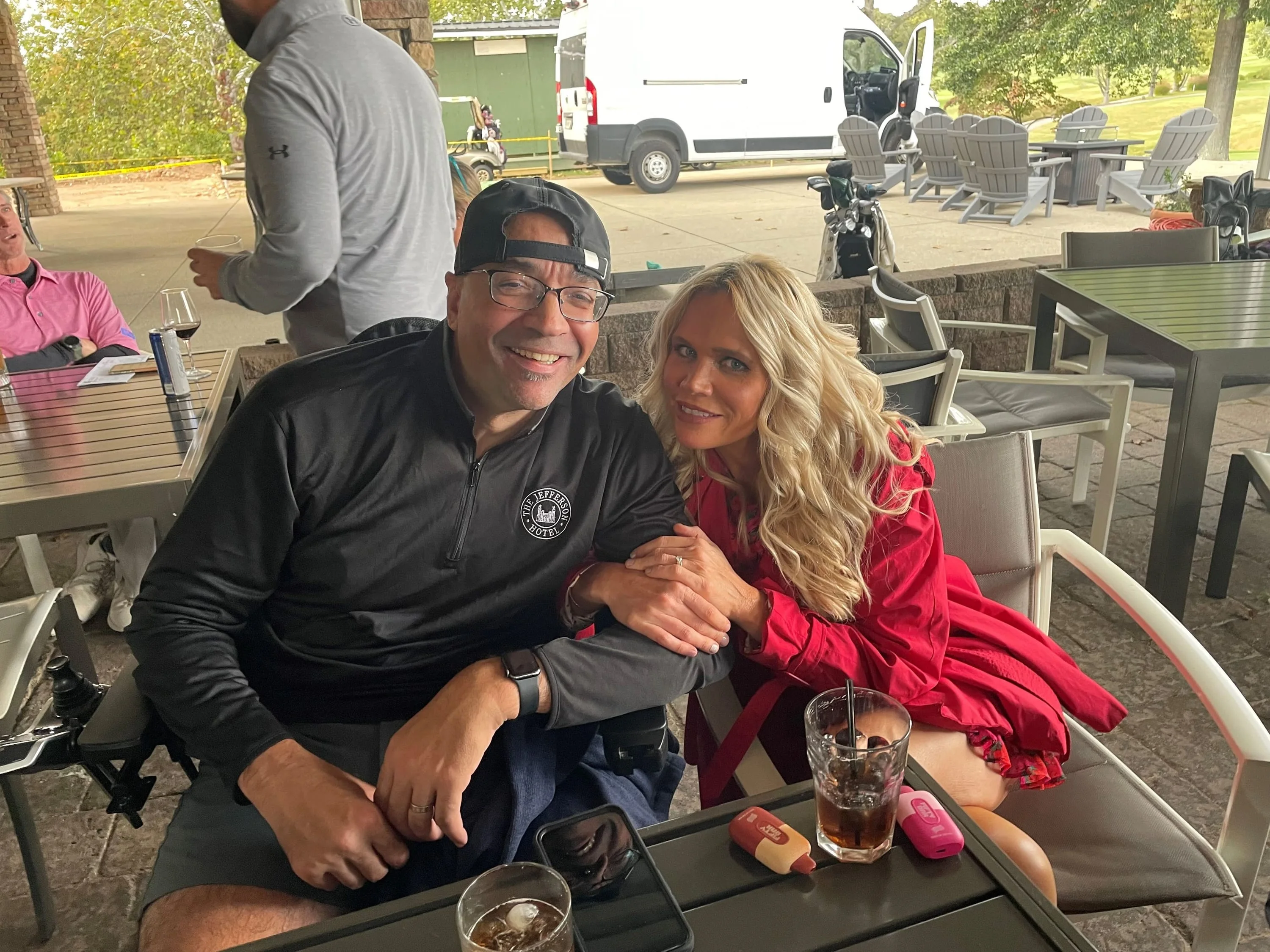
- posted: Apr. 15, 2018
To have standing to file a lawsuit, a plaintiff must show actual damages that resulted from a concrete harm caused by a defendant, which can be fixed by a court’s ruling. In Spokeo v. Robins (2016), however, the Supreme Court of the United States determined that a plaintiff who could not prove a concrete harm could still bring a lawsuit against a company if it can be shown that the defendant violated a federal act.
In the case of Mey v. Venture Data, LLC (2017), the U.S. District Court for the Northern District of West Virginia determined that unwanted phone calls known as robocalls made by Venture Data, an auto dialer, cause concrete harm. The decision found that these unrestricted telemarketing calls “can be an intrusive invasion of privacy” and decided that it is not necessary for a person to actually pick up the call; the act of making an unwanted call can be enough to trigger a violation of the federal Telephone Consumer Protection Act (TCPA).
Even though the plaintiff could not prove that any actual damages occurred as a result of receiving the robocall on her cellphone, the court found that such calls violate federal statute, and the violation in itself is considered a concrete harm. The court certified that the lawsuit could move forward as a class-action against Venture Data.
In a lawsuit involving a similar ruling, the U.S. District Court for the Southern District of West Virginia found in favor of a plaintiff who alleged that Nissan Motor Acceptance — the company that financed her car purchase — misreported her payment history to credit agencies and failed to investigate and correct their reporting. Nissan argued that the plaintiff did not have standing to sue because the plaintiff did not allege any concrete harm and Nissan did not invade a legally protected interest. Although the plaintiff claimed no damages or concrete harm, the court’s ruling was based on reasoning similar to that of the Spokeo ruling: the defendant had acted in violation of federal legislation —in this case, the Fair Credit Reporting Act (FCRA).
The district court found that Nissan violated the FCRA because it did not fulfill its statutory duties to investigate the plaintiff’s disputes upon request. The court held that the plaintiff had a legally protected interest that had been violated under the FCRA and therefore, she suffered a concrete harm. As a result of Nissan violating its investigation and information-reporting duties imposed by the FCRA, the plaintiff’s tangible economic interests were impaired.
Pullin, Fowler, Flanagan, Brown & Poe counsel businesses about potential liabilities from companies’ use of the telephone to solicit clients or when offering finance terms that are reported to credit agencies. Call 304-344-0100 to speak to one of our attorneys or contact us online to discuss ways that you can mitigate or eliminate the possibility of lawsuits.




















